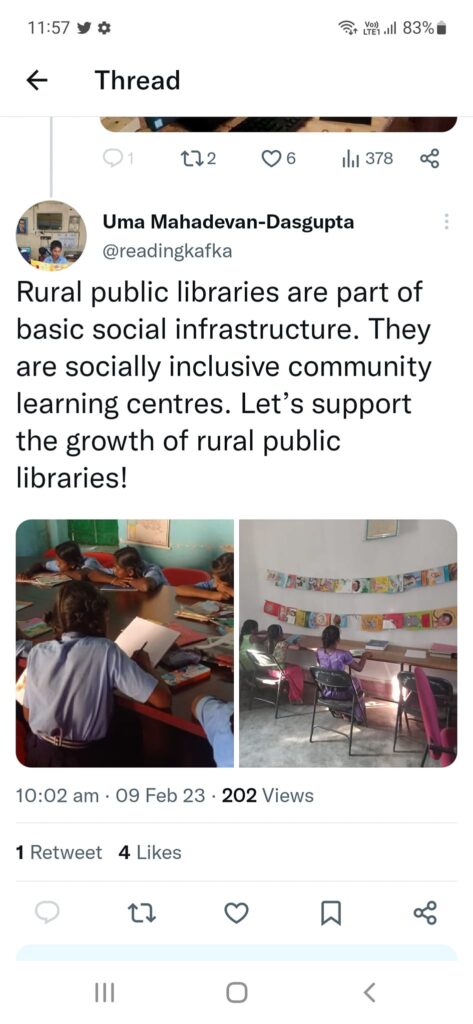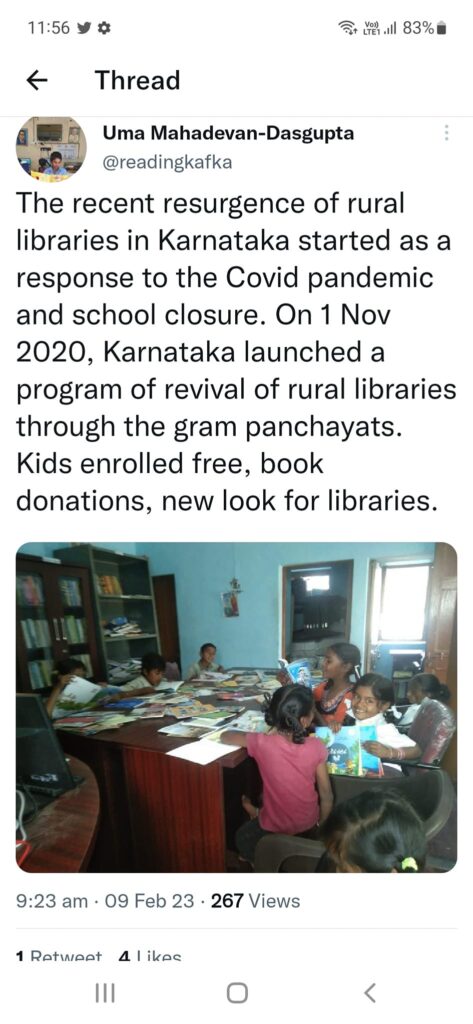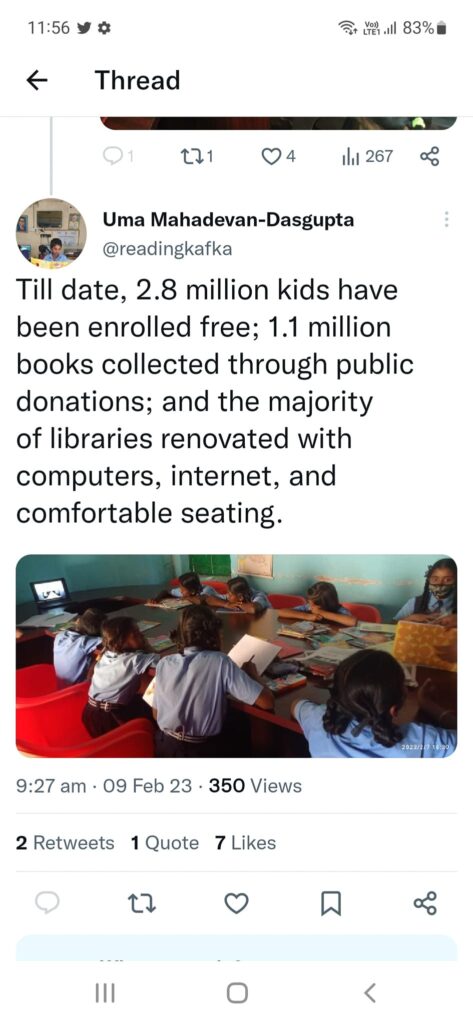On 23 April 2016 Vivek Shanbhag and I were invited by Namita Gokhale, co-director, Jaipur Literature Festival to be in conversation at the Apeejay Languages Festival 2016, Oxford Bookstore, Connaught Place, New Delhi. We were to discuss his recently translated novel from Kannada to English, Ghachar Ghochar, as part of the topic, “Kannada, Konkani, English: Memories, Texts and Distances”. Before we began the discussion I read out a note contextualising the conversation. I realised that Vivek Shanbhag and I had spent a while chatting a few days earlier and would happily fall into a chat easily. Hence the note which was passed by Vivek Shanbhag too. With his permission I am publishing it here.
Kannada, Konkani, English: Memories, Texts and Distances
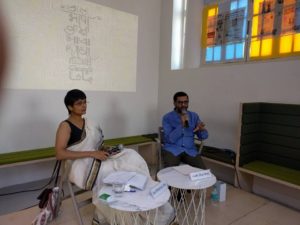 Vivek Shanbhag is a noted writer, editor and translator. For seven years while holding a busy day job he edited a literary journal of Kannada writing called Desh Kala. It was phenomenal in the impact it had in discovering new writers. It is probably the only contemporary journal in an Indian regional language that continues to be talked about in English and now edited excerpts of it are to be published.
Vivek Shanbhag is a noted writer, editor and translator. For seven years while holding a busy day job he edited a literary journal of Kannada writing called Desh Kala. It was phenomenal in the impact it had in discovering new writers. It is probably the only contemporary journal in an Indian regional language that continues to be talked about in English and now edited excerpts of it are to be published.
Although he has been a name in Kannada and other literary circles for a while, few probably know his mother tongue is Konkani. A language that can be written in five different scripts –Devanagari, Roman, Kannada, Malayalam, and Persian. (Now it is the Devnagari script that is accepted officially by state governments. )Yet Vivek Shanbhag chooses to write in Kannada. And he is not alone in this comfortable oscillation between mother tongue and the language of professional writing. I gather from him it is common practice among the Kannada, Marathi, Telugu writers. For instance, one of the finest Marathi short story writers G. A. Kulkarni was a Kannadiga; Girish Karnad’s mother tongue is Konkani but he writes 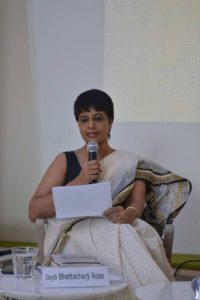 in Kannada and the list goes on.
in Kannada and the list goes on.
Earlier this year the English translation of Vivek’s fine novella Ghachar Ghochar was published by HarperCollins India. It has been translated by Srinath Perur. It was the only translated text from an Indian regional language included in the special edition of Granta on India ( 2015) edited by Ian Jack. “Ghachar Ghochar” is a nonsensical phrase yet the story is an impressively crafted vignette of a middle class family in Karnataka. Peppered with sufficient local characteristics for it to be representative of a Kannadiga family with universal issues such as socio-eco mobility & status of women. It is no wonder that this novella has caught the English readers by storm.
And yet,
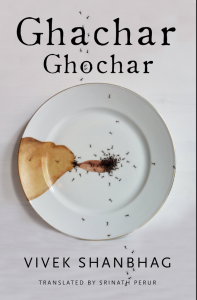 When you read Ghachar Ghochar it reads like the finest example of world literature. By world literature I mean translations of literary fiction from various cultures. It reads smoothly in the destination language of English but translation purists tell me exasperatedly that it does not retain the “flavour” of the original Kannada text.
When you read Ghachar Ghochar it reads like the finest example of world literature. By world literature I mean translations of literary fiction from various cultures. It reads smoothly in the destination language of English but translation purists tell me exasperatedly that it does not retain the “flavour” of the original Kannada text.
One last point. I believe that “cultures” are not necessarily defined by political boundaries but geo-political formations. Under the British this region fell under the Bombay and Madras presidencies. Today it is bordered by the Arabian Sea, Goa, Maharashtra, Telangana, Andhra Pradesh, Tamil Nadu and Kerala. Kannada is the official language of Karnataka and spoken by about 66.26% of the people as of 2001. Other linguistic minorities in the state are Urdu (10.54%), Telugu (7.03%), Tamil (3.57%), Marathi (3.6%), Tulu (3.0%), Hindi (2.56%), Konkani (1.46%), Malayalam (1.33%) and Kodava Takk (0.3%).
With this note Vivek and I launched into our conversation. It touched upon various aspects of translation, Kannada literature, how is Kannada literature defined, the significance of literary awards, the process of translation, etc.
6 May 2016
